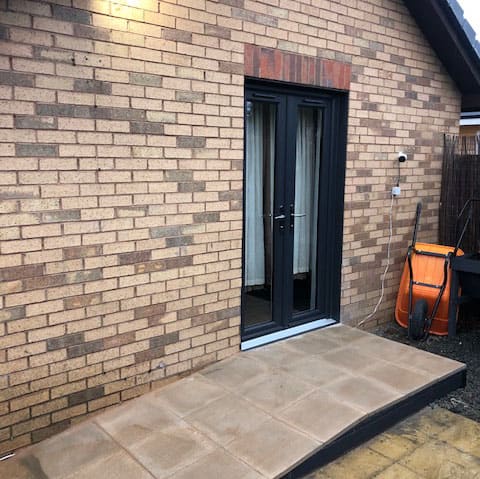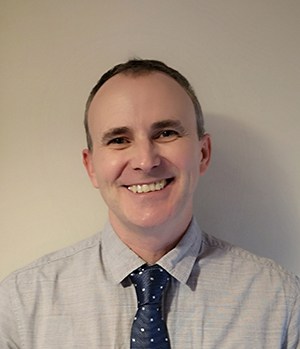£710k funding awarded to housing charity to facilitate crucial adaptations in Scotland

Overall, Blackwood has been awarded £710,000 in Stage 3 Adaptations funding for 2021-22, allowing it to install a range of supportive equipment including new accessible kitchens and accessible showering via wet rooms.
The funding includes a record £200,000 grant from the City of Edinburgh Council – up from the previous highest figure of £51,000 – of which £150,000 will fund major kitchen adaptations for 15 properties in the capital, providing the latest in home automation to help people live more independently.
Blackwood will carry out a variety of adaptations across Scotland, ranging from larger-scale projects such as installing new accessible doors to allow garden access and lifts, through to smaller jobs that include installing hand or grab rails to aid mobility around the home or additional high intensity LED sensor-managed lighting for visually impaired clients.
Blackwood Property Investment Manager Keith Abernethy said there is no job too small or large that the provider will not consider if it helps someone become more independent.
Keith said: “This additional investment is excellent news for both Blackwood and our customers as it allows us to install the innovative equipment and technology that people require to help them live independently.
“Blackwood is a housing leader in assistive technologies and equipment and it was great that the City of Edinburgh City Council, in particular, awarded this additional funding in recognition of the difference Blackwood makes to people’s lives.
“Blackwood’s focus is to make people’s everyday lives easier. Simple things like reaching a can of soup from a cupboard for some can be very challenging, sometimes impossible or even painful. Using specialist equipment and technology to ease that burden is a simple way to give someone their independence back.”
Funding is awarded where works are needed to adapt a property to suit the changing needs of the existing tenant, or of a new tenant, where these could not reasonably have been identified when the house was originally provided.
As well as the £200,000 from City of Edinburgh Council, £86,100 was received from Glasgow City Council with the remaining £424,000 (from the £710,000 total) coming from the Scottish Government to be used across the various other council areas across Scotland.
With over 1,500 properties across 29 local authorities, Blackwood uses technology and innovation to help transform clients’ lives on a daily basis.
Keith said each year, the charity encourages clients to get in touch to see if an adaptation can help them and if they can be successful with an application for their own home.
He added: “Many adaptations do require an Occupational Therapist (OT) to assess and to provide us with a referral, however at Blackwood we are aware of the pressures on local Health and Social Care Partnerships so we can utilise independent OT’s to avoid lengthy waiting times.
“Other smaller adaptations like a grab rail to assist someone getting in/out of bed, on/off the toilet can be completed via a self-referral form available on our website or available via our Housing and Asset teams allowing these to often be completed within a day or two.”
The use of technology has been a component in the Blackwood philosophy to support independent living and healthy ageing and has played a major part in enabling staff to connect with tenants and care clients.
In September 2021, Blackwood Housing and Care reported a 96 percent drop in GP and emergency calls and a 98 percent customer satisfaction rating after introducing a digital support service providing round-the-clock support for people with disabilities.
The service, which was developed by the independent living specialist, allows people with disabilities to access remote care 24 hours of the day seven days a week. It eliminates the need for staff to be called out or for emergency services to be alerted.
Users have immediate access to care and support – if, for example, they have a medical issue or simply feeling anxious – via video call at the click of a button, with the service provider answering over 2,500 calls per month, with 78 percent answered within one minute.


